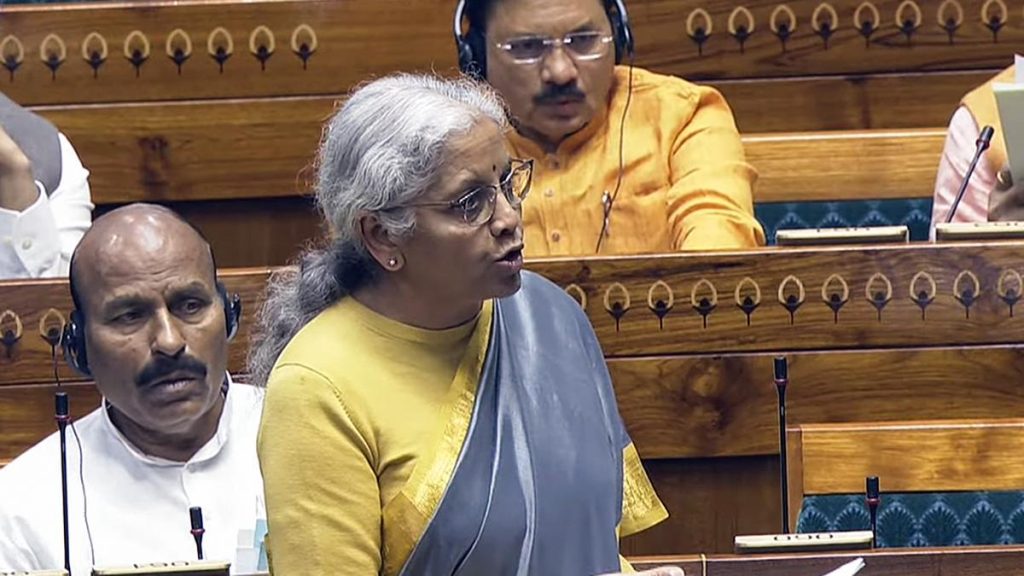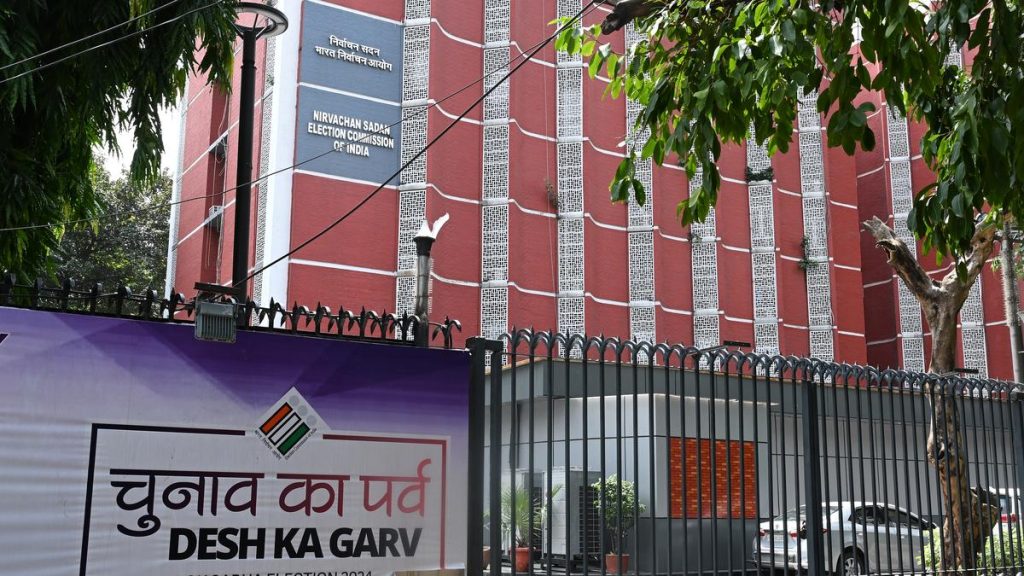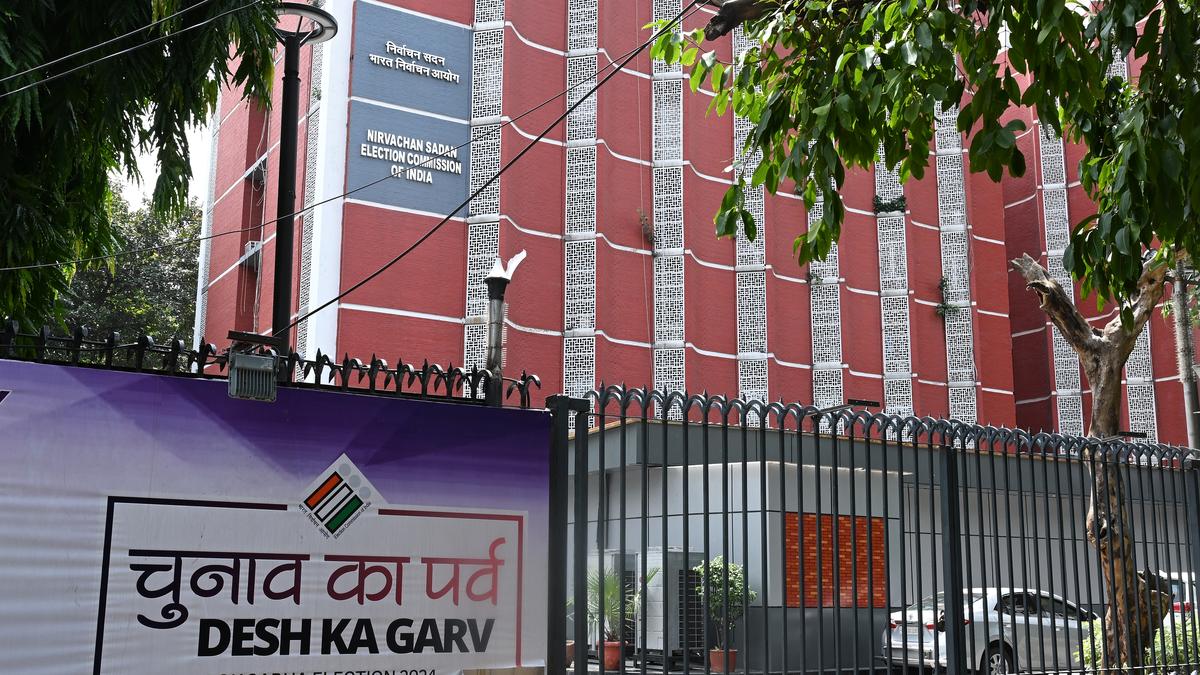Now Reading: West Bengal Teacher Dies of Stroke After Losing Job Following SC Verdict
-
01
West Bengal Teacher Dies of Stroke After Losing Job Following SC Verdict
West Bengal Teacher Dies of Stroke After Losing Job Following SC Verdict
Rapid Summary
- The Supreme Court recently cancelled around 26,000 teaching and non-teaching appointments in West Bengal due to a “vitiated and tainted” recruitment process by the West Bengal School Service Commission.
- subal Soren, a 35-year-old teacher of political science at Bagalaseni High School in Paschim Medinipur district, lost his job following the court’s decision. He passed away on August 15, allegedly due to a stroke and brain haemorrhage caused by stress over losing his position.
- Soren was part of the Adivasi community and served as one of the petitioners seeking review of the Supreme Court’s judgment. He had been actively leading protests demanding job reinstatement for “untainted” candidates without re-examination.
- Protests erupted across West Bengal among sacked teachers demanding segregation of unaffected candidates from those implicated in irregularities.
- The Supreme Court has allowed the sacked teachers to continue working with full salaries until december 31,while directing a fresh recruitment process for assistant teachers’ positions.
- Following Mr. Soren’s death, agitating teachers organized memorial marches near Kolkata’s Eastern Metropolitan Bypass. Allegations were made against police attempts to disrupt these marches; however, Kolkata Police denied these claims and promised legal action against misinformation spreaders.
Indian Opinion Analysis
The tragic passing of Subal Soren underscores both the emotional toll faced by individuals affected by large-scale administrative rejections and wider systemic accountability issues within public service recruitment processes. While protests reveal deep dissatisfaction among educators struggling with sudden job loss despite assurances for salary continuation till year-end, they highlight strong apprehensions about fairness in upcoming recruitments.
The conflict between protesting groups and authorities demonstrates escalating tensions that could perhaps strain social stability within affected communities. It is indeed imperative that clear mechanisms are implemented swiftly to differentiate “untainted” appointees from others involved in procedural irregularities-a step likely pivotal in restoring public confidence.
This case further represents broader concerns regarding institutional oversight necessary for ensuring merit-based hiring practices across India’s states while addressing grievances effectively via lawful channels rather than prolonged agitation.Read more: Link






















